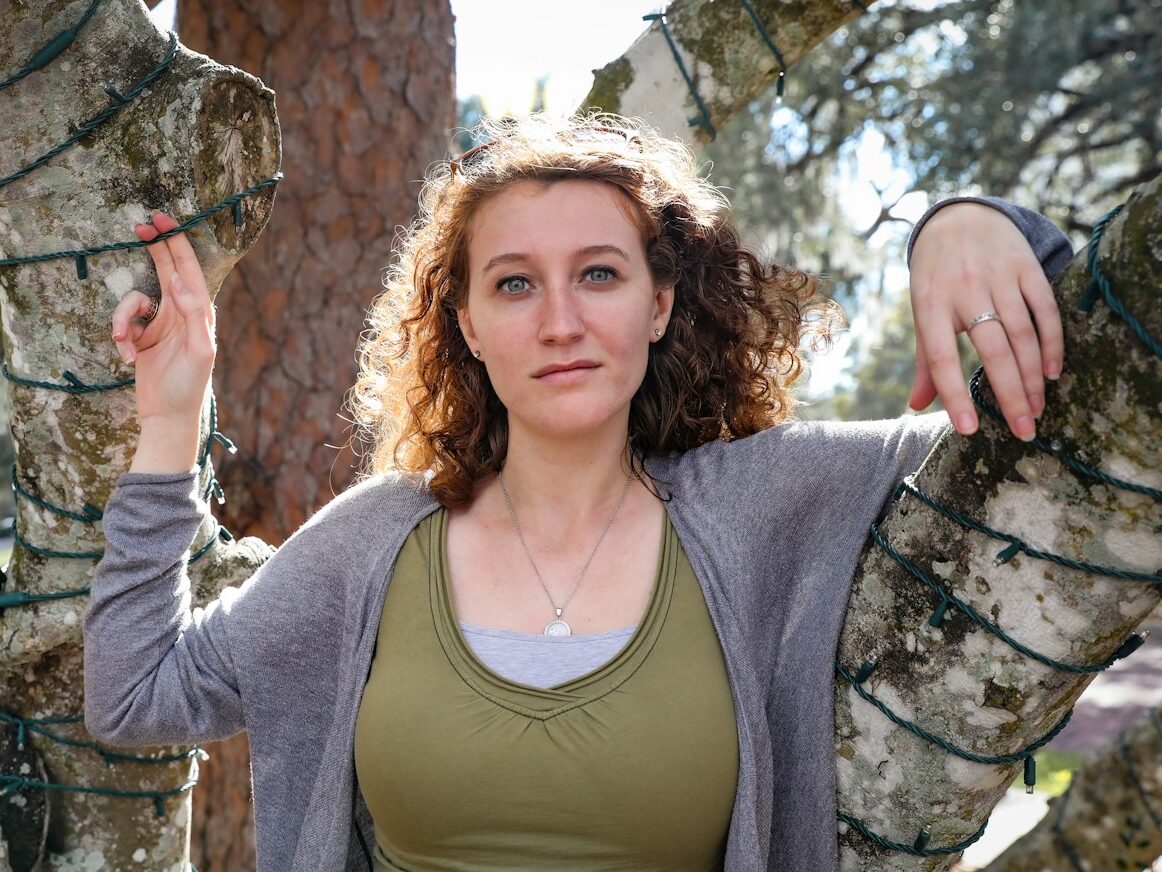
Raising a child doesn’t end when they grow up—it just changes. Your adult child still needs your love, but they also need space, respect, and the freedom to live life on their own terms. Some words, even when meant kindly, can come off as controlling, hurtful, or dismissive. If you want a strong and healthy bond, here are 15 things you should never say to your adult child:
“I know what’s best for you.”

Even if your advice comes from love, saying this can make your child feel like you don’t trust their judgment. They’re figuring out life on their own terms as adults. And telling them you know better dismisses their experiences and growth. If you want them to listen, show respect for their choices—even when they’re not what you would have chosen.
“When are you going to settle down?”

This question may seem very casual, but it carries pressure and judgment. Whether they’re single, dating, or uninterested in marriage, your child has their own timeline. Pushing them to “settle down” can make them feel like their life isn’t enough as it is. Support their path, even if it looks different than what you imagined when they were little.
“You should have done it this way.”

Nobody wants to hear they made the wrong move, especially after the fact. Pointing out what your child should have done doesn’t help; it just stirs regret or resentment. If they ask for input, give it gently. Otherwise, try supporting the decision they already made, even if you would’ve done things differently. Your belief in them matters more than your opinion.
“Why don’t you call more often?”
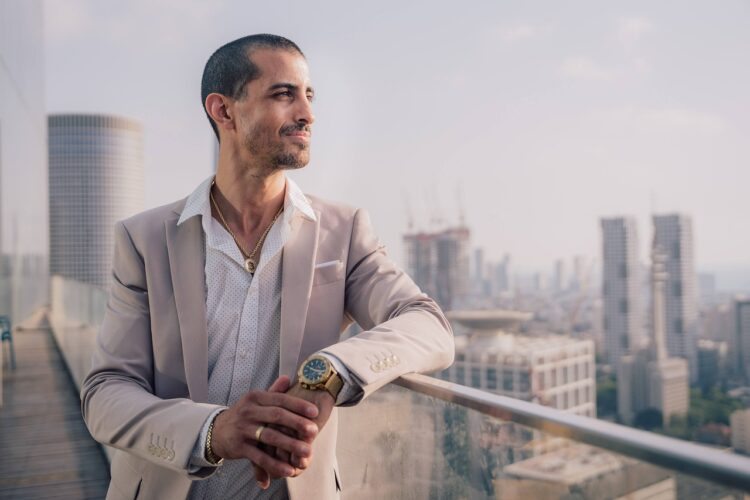
This guilt-loaded question might get a quick response, but it can also drive distance. Your adult child may already be juggling work, bills, relationships, and stress. Instead of making them feel bad, let them know you miss them and want to stay close. It opens the door for connection without sounding like you’re keeping score.
“Back in my day…”
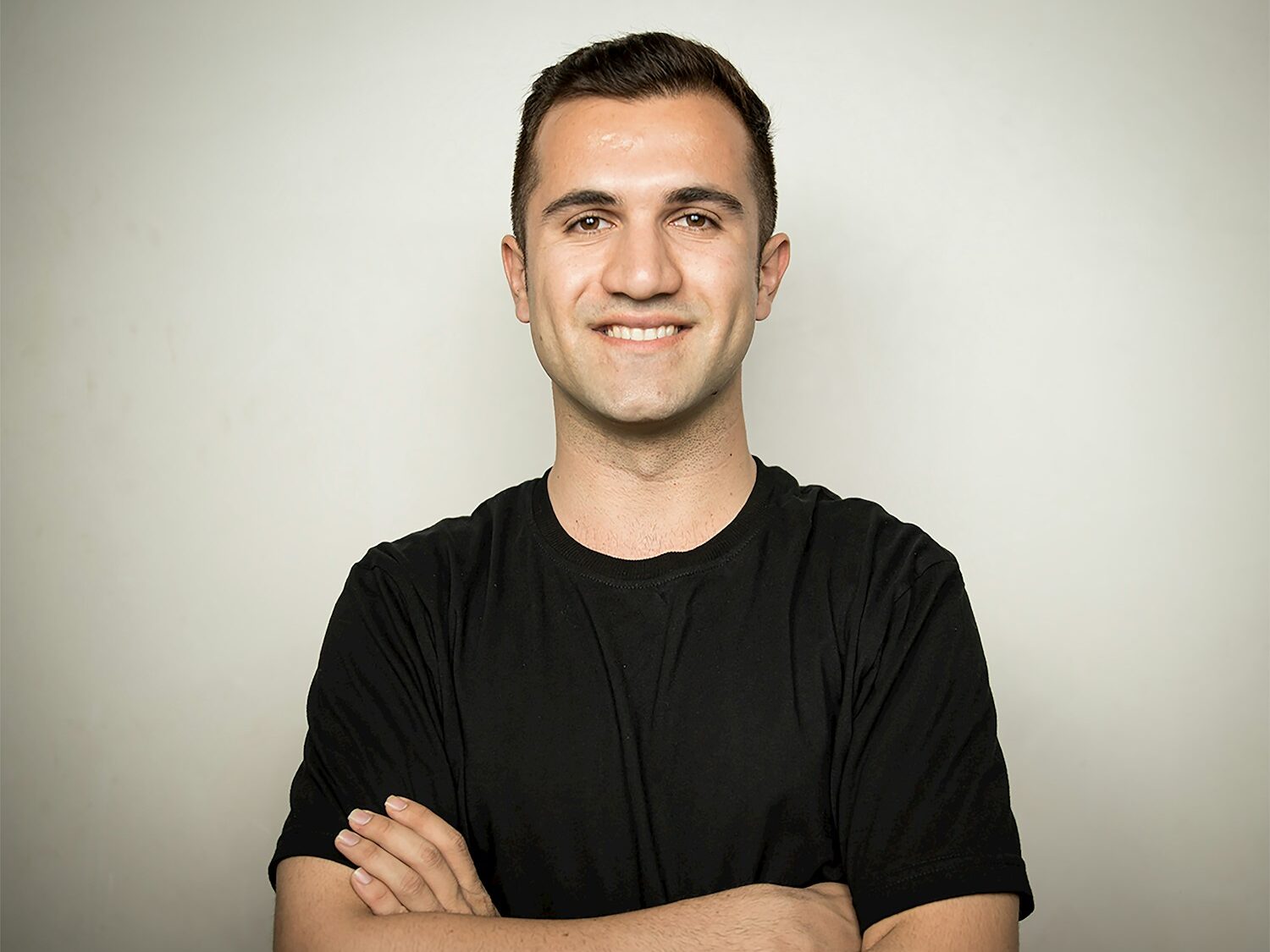
You might mean to share wisdom or experience, but starting with this phrase shuts conversation down. Times have changed, and what worked decades ago may not work now. Your adult child values your perspective, but not when it’s delivered like a lecture. A better suggestion is to try sharing stories, not comparisons. That way, you invite discussion instead of making them feel misunderstood.
“You’re too sensitive.”

Telling your child they’re overreacting when they express hurt or discomfort sends a clear message: their feelings don’t matter. Even if you didn’t mean to offend, brushing it off this way makes it worse. A mature relationship includes hearing things that are hard to hear. Validating their feelings doesn’t mean you agree. It just means you care enough to listen.
“You owe me for everything I did.”
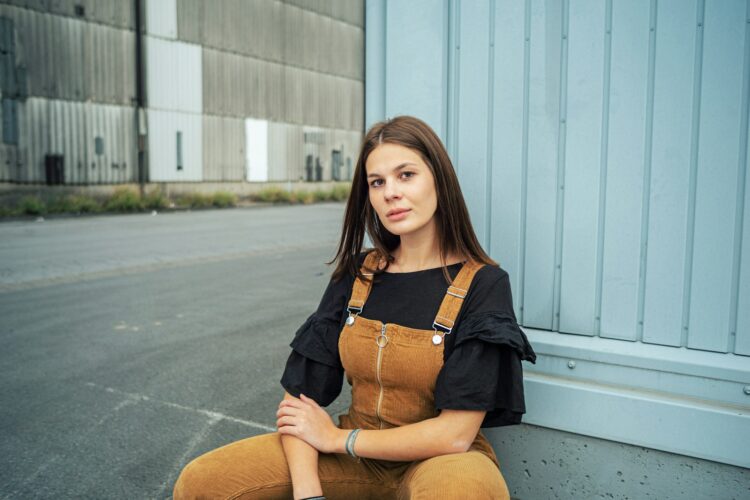
Raising a child is a lifelong commitment, not a debt that needs repayment. Saying this turns love into a transaction and can lead to guilt or bitterness. Most adult children already feel a deep sense of gratitude, even if they don’t always say it. If you need more connection, ask for it—but don’t put a price tag on your past care.
“I’m disappointed in you.”

Disappointment can cut deeper than anger. It tells your child they’ve failed in your eyes, which can damage self-worth, especially if they’re already struggling. If you’re worried or hurt, explain how you feel without labeling their entire identity. Lead with care, not criticism. The goal should be understanding—not shame—if you want the relationship to stay strong.
“That’s not a real job.”
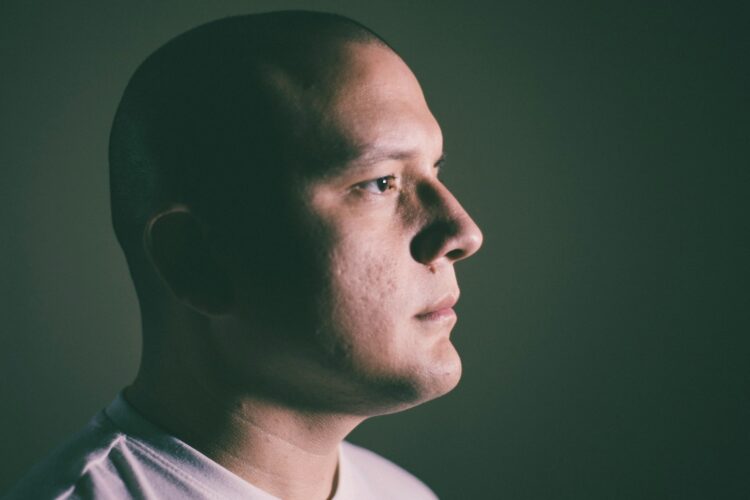
Whether they’re freelancing, creating content, working from home, or chasing an unconventional career, your adult child deserves to have their work respected. Downplaying their job can feel dismissive and hurtful (even if you don’t understand it). Instead of judging the path they chose, ask questions and show interest. Validation goes a long way in keeping your bond strong.
“You’re just like your father/mother.”

Even if you think it’s harmless or funny, this kind of comparison can feel loaded, especially if there’s tension in that parent relationship. It may stir up old wounds or imply that they’re doomed to repeat someone else’s mistakes. Your child wants to be seen as their own person. Let them be exactly that, without drawing unfair lines between generations.
“Are you really going to eat that?”
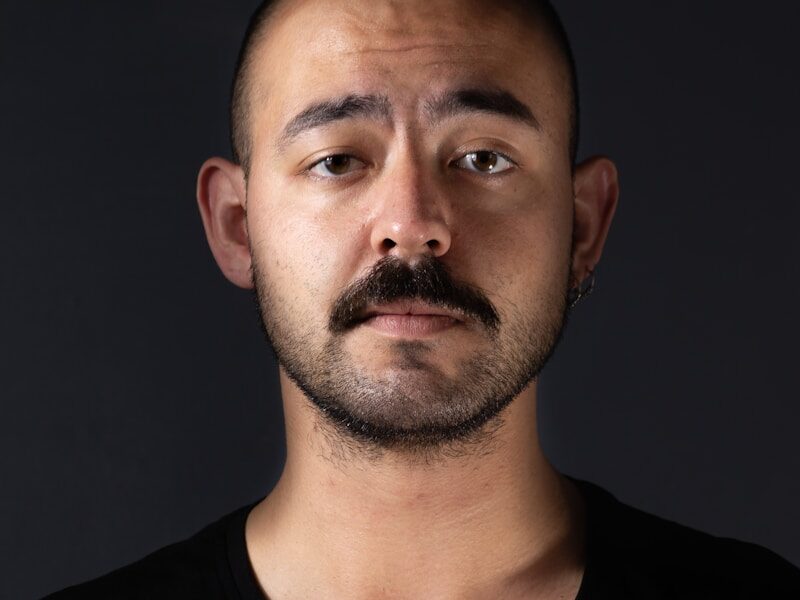
Comments about food, weight, or appearance, even the ones you think are subtle, can do long-term damage. Adult children often remember the smallest digs or side-eye glances. If you’re concerned about health, have an honest and respectful conversation. But offhand remarks at the dinner table or in passing often feel more like judgment than care, and they rarely lead to positive change.
“You always do this.”

Using phrases like “always” or “never” puts your child into a fixed box and makes them feel like they’ll never outgrow past mistakes. People grow, and they want to be seen for who they are now, not who they were at 16. If a pattern concerns you, focus on the behavior, not labeling them. Speak to the present instead of locking them to the past.
“I don’t like your partner.”
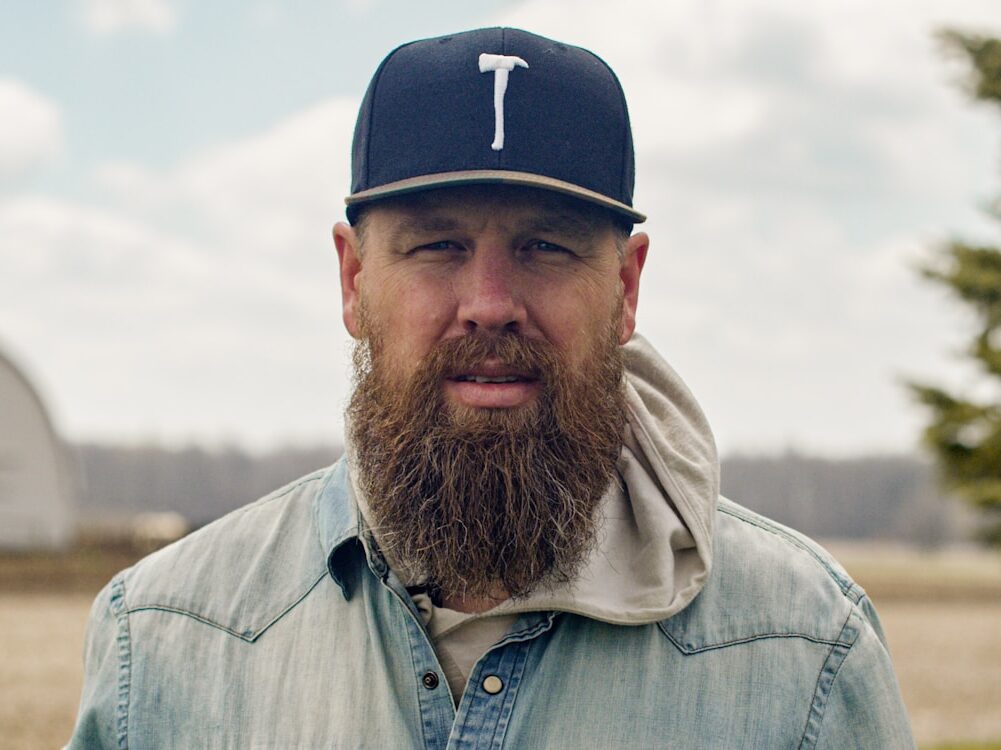
Even if you’re being honest, this kind of comment usually causes more harm than help. Unless the situation is truly harmful, saying you dislike their partner puts them in a difficult spot and can damage trust. They’re likely to feel like they have to choose. Share concerns carefully and respectfully if needed, but avoid making it a flat-out judgment.
“You’ll understand when you have kids.”

Not every adult child wants to become a parent, and even if they do, using this phrase can feel dismissive. It makes it seem like their opinions, experiences, or emotional depth aren’t valid until they have children. Respect their perspective now. Wisdom doesn’t only come through parenting, and maturity isn’t measured by whether or not someone has kids.
“Because I said so.”
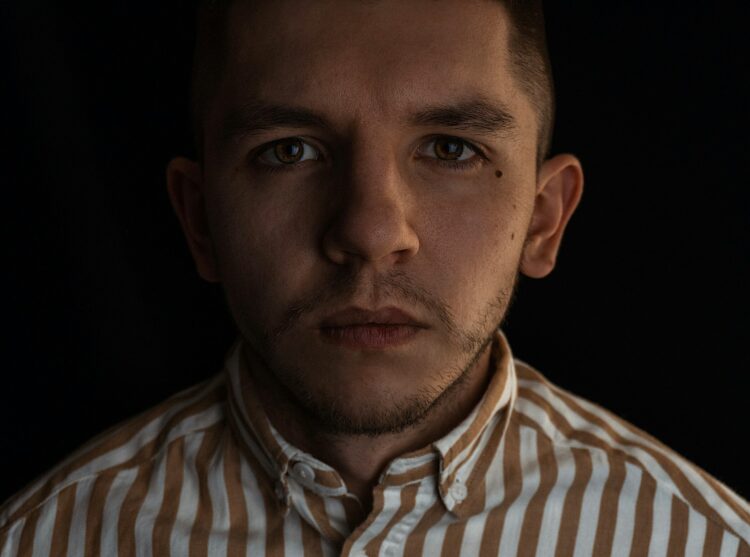
This phrase works when a child is five, but not when they’re thirty-five. Adult children want real conversations, not authority without explanation. Using this line totally shuts down healthy dialogue and sends the message that their opinions don’t matter. If you want respect, show it. Give your reasons, hear theirs, and let the relationship evolve into something based on mutual understanding, not old roles.

